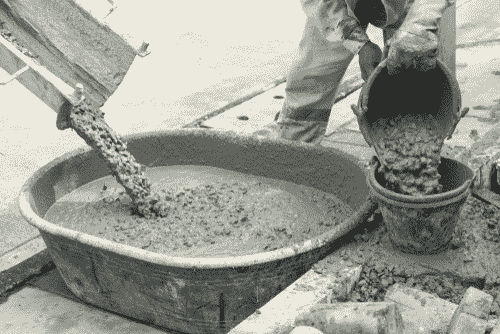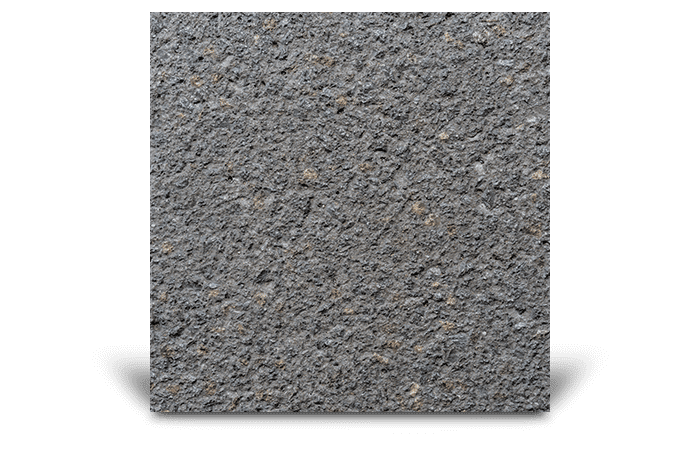Experienced Concrete Specialists: Trusted for Quality and Efficiency
Experienced Concrete Specialists: Trusted for Quality and Efficiency
Blog Article
Revealing the Eco-Friendly Advantages of Utilizing Recycled Concrete in Lasting Building And Construction Practices
In the world of lasting building and construction practices, the application of recycled concrete stands as a critical yet usually undervalued source. Past its standard applications, recycled concrete deals a myriad of green advantages that prolong far beyond the confines of conventional building and construction products.
Environmental Advantages
By including recycled concrete right into construction practices, there is a substantial decrease in the requirement for brand-new raw materials, leading to preservation of all-natural resources. In addition, the use of recycled concrete lessens the quantity of waste being sent to land fills, thereby reducing ecological contamination and easing the stress on landfill abilities (Concrete).

In comparison, recycled concrete has a reduced carbon impact as it lowers the demand for brand-new concrete production. In general, the environmental advantages of using recycled concrete are significant and play a vital role in advertising environmentally friendly construction techniques.
Cost-Efficiency
When evaluating the usage of recycled concrete in building tasks,Achieving cost-efficiency is a critical factor to consider. Among the essential advantages of using recycled concrete is its cost-effectiveness contrasted to traditional concrete. The manufacturing of recycled concrete entails less power and resources as it uses existing products, minimizing the overall task costs substantially. Additionally, the schedule of recycled concrete locally can better decrease transport expenses, making it a much more economical choice for construction tasks.
In addition, making use of recycled concrete can bring about savings in land fill prices by diverting concrete waste from disposal sites. This not just decreases the ecological impact but additionally gets rid of the costs related to waste elimination. The longevity and efficiency of recycled concrete are equivalent to conventional concrete, making sure that price savings do not compromise the quality of the building.
Longevity and Strength
Taking into consideration the considerable cost-efficiency advantages of using recycled concrete, it is essential to examine its longevity and toughness in building applications. Recycled concrete offers comparable, otherwise remarkable, toughness and toughness buildings to typical concrete. Via advancements in handling strategies and top quality control, recycled concrete can fulfill or surpass the performance requirements of traditional concrete. The process of reusing concrete entails squashing, arranging, and screening old concrete to generate accumulations that can be made use of in brand-new building projects. These recycled accumulations web can offering acceptable compressive strength, toughness, and long-term performance.

Waste Reduction
Effective waste reduction methods play a vital function in the lasting utilization of sources within the building industry. Waste reduction is a page crucial advantage that contributes considerably to ecological preservation when it comes to using recycled concrete. Typical construction techniques typically generate significant quantities of waste, particularly in the type of concrete debris from demolition websites. By incorporating recycled concrete into building and construction jobs, this waste is repurposed and drawn away from landfills, decreasing the total environmental effect of building tasks.
Additionally, the use of recycled concrete can lead to cost savings for building and construction jobs, as it is usually more budget friendly than sourcing and carrying brand-new products - Concrete. In final thought, waste reduction through the application of recycled concrete is a crucial part of lasting building methods that benefits both the building and the atmosphere sector as a whole.
Power Conservation
When it comes to utilizing recycled concrete in construction, substantial energy financial savings are achieved compared to standard concrete production. The procedure of generating recycled concrete Recommended Reading includes recycling and squashing existing concrete materials, which takes in less energy than mining, processing, and carrying raw materials for new concrete production.
Conclusion
Finally, the utilization of recycled concrete in sustainable building practices provides numerous ecological benefits, cost-efficiency, resilience, strength, waste decrease, and power preservation. By integrating recycled concrete into building jobs, we can add to an extra ecologically friendly and lasting future. It is important for the building and construction market to prioritize using recycled materials to help in reducing the ecological effect of construction tasks.
One of the crucial advantages of making use of recycled concrete is its cost-effectiveness compared to traditional concrete.In addition, the usage of recycled concrete can lead to cost savings in garbage dump costs by drawing away concrete waste from disposal sites. The longevity and performance of recycled concrete are comparable to conventional concrete, guaranteeing that cost savings do not compromise the high quality of the building.

Report this page